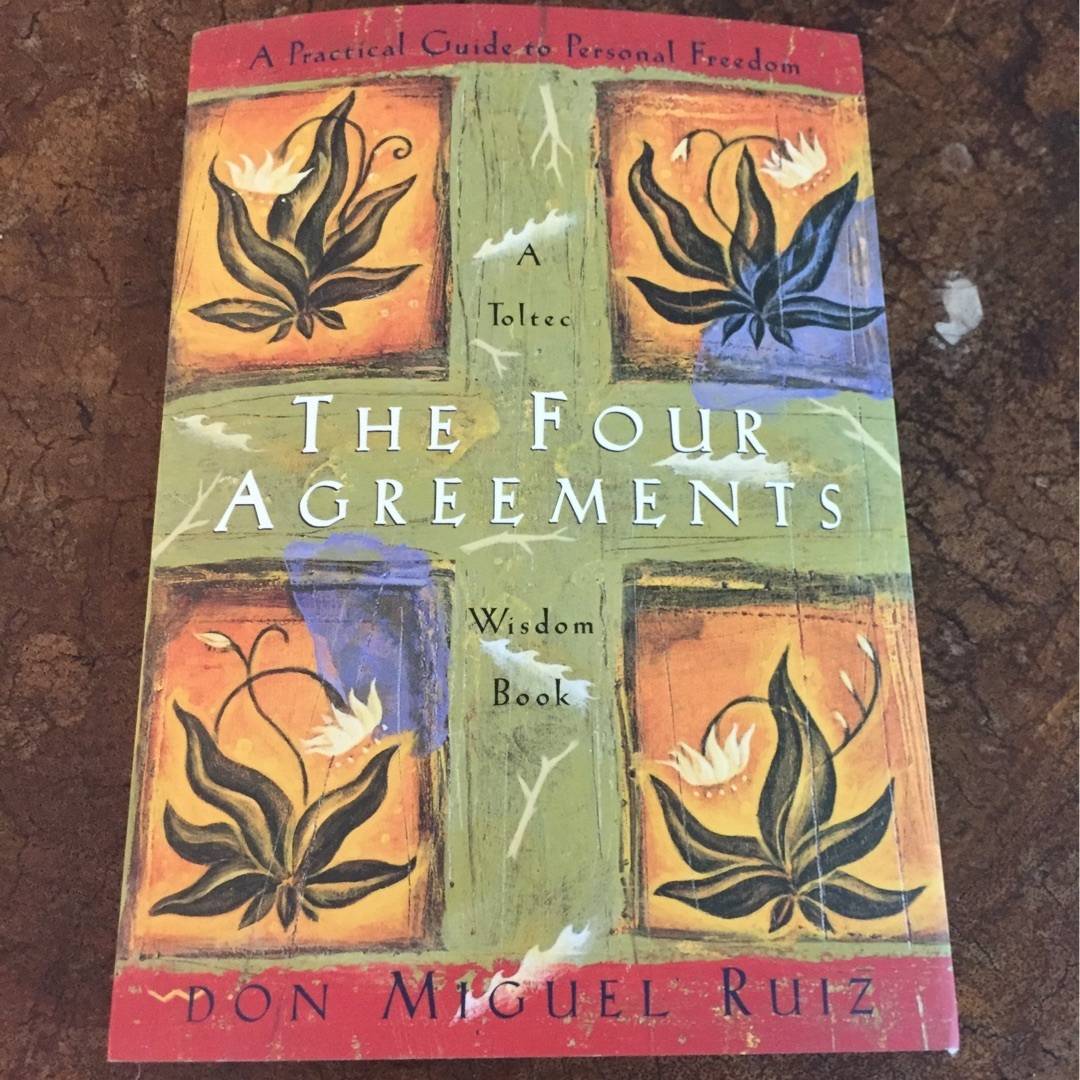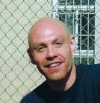We’re excited to offer the last in Eric Burnham’s five-part series on “The Four Agreements,” by bestselling author Don Miguel Ruiz. In the book, Ruiz reveals the source of self-limiting beliefs that rob us of joy and create needless suffering. Based on ancient Toltec wisdom, The Four Agreements offer a powerful code of conduct that can rapidly transform our lives to a new experience of freedom, true happiness, and love.
Always Do Your Best
Everyone loves success, and deep down, everyone knows that success, real success, doesn’t just happen. It’s earned. If you want to shine while everyone is looking, you’ve got to polish when no one is looking. You’ve got to do your best at all times, but what does that mean? Are there any limitations?
I think success means being your best self and applying your best self to everything you do, and I think there are some limitations. But those limitations actually liberate a person to focus mental and emotional energy on the task at hand in a more targeted way. It’s kind of like addition by subtraction. The primary limitation of doing your best carries a “being” element, which requires integrity, humility, and attention to detail.
Integrity involves honesty of word and deed and authenticity of motive, even when it’s uncomfortable and arduous. Integrity is a character trait displayed as a pattern of living, rather than a momentary decision. It is the pursuit of what you know to be the right thing regardless of how you feel.
Humility, that most slippery of character traits, involves a natural willingness not only to make mistakes, but to easily admit them as well. To be humble means having a total lack of pretense and self-centeredness, a concern for others before oneself. In a word, it means being selfless, not thinking less of yourself, but thinking of yourself less.
Attention to detail is paramount. It involves, well, paying attention to the little things. An NFL coach once said, “See a little, see a lot; see a lot, see nothing.” The little things inform and direct the bigger things. Most have heard of the 80/20 rule: 80% of all production is accomplished by 20% of all resources. Attention to detail requires prioritization, applying a counter-intuitive shift in focus. An emphasis on the little things will bring about profound improvements in the bigger ones.
A secondary limitation of doing your best involves a three-pronged framework of activity, the “doing” element: preparation, execution, and maintenance. The pursuit of success is not a chaotic, haphazard hope of finishing in the top tier. It is a goal-setting/goal-achievement progression.
To do your best, you must prepare. Gather information, accumulate resources, and organize effort. Preparation sets you up for success —never rely on luck alone. Then execute your plan. Do what you set out to do, and do it with a flexible but durable implementation of your plan. Finally, maintenance work may need to be done along the way to preserve gains. Success is not a one-and-done endeavor. It requires diligence and constant reassessment.
These four agreements may seem like common sense, and perhaps they are for some. However, they have helped me achieve a measure of success, even though I’m incarcerated. I may be in prison, but I’ve made the successful transition from gangster to scholar, achieving my Master’s degree in 2017 and even beginning my PhD program. I’m not saying you should listen to an incarcerated man. After all, I’m just another inmate. I’m only tellin’ you what has worked for me, and if I can do it, you can do it. Make these agreements with yourself and stay committed.






0 Comments